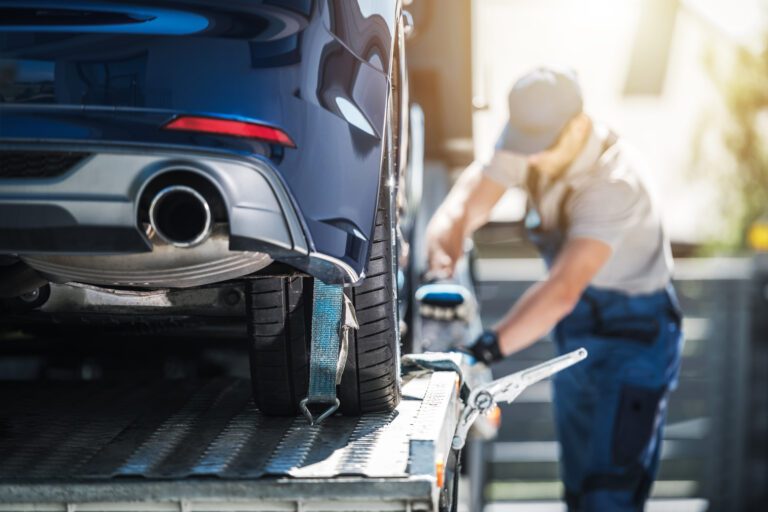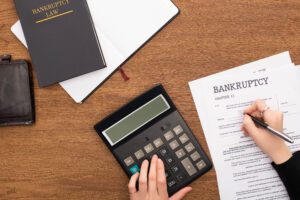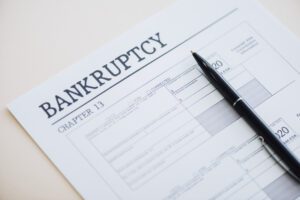Understanding Car Repossession in NC.
Car repossession can be a stressful and overwhelming experience. Knowing your rights and understanding your options are crucial steps in navigating this challenging situation. This is especially relevant for North Carolina’s diverse population, including military personnel, retirees, and growing families. This guide aims to provide clear, actionable information to help you manage the risk of car repossession and explore your options if you find yourself facing this situation.
When Can Creditors Repossess My Car?
In North Carolina, creditors have the legal right to repossess your vehicle if you fall behind on your loan payments. When you take out a loan to purchase a car, the vehicle itself serves as collateral. This means if you default on your loan, the lender can reclaim the car to recover the debt.
What Rights Does the Creditor Have?
Creditors have significant rights when it comes to repossession. They can repossess the vehicle without prior notice if you default on your loan agreement. This includes situations where you miss payments or fail to maintain required insurance. In some cases, creditors may also seek a court judgment against you, which can expedite the loan repayment process, making the entire loan balance immediately due.
Once repossessed, creditors must notify you of the amount you need to pay to reclaim the car. If you fail to pay the balance by the specified date, the creditor can sell the vehicle at auction. Proceeds from the sale go towards paying off the loan. If the sale doesn’t cover the full loan amount, the creditor can pursue a deficiency judgment against you, allowing them to place a lien on your property to recover the remaining debt.
What Rights Do I Have?
As a borrower, you have rights too. Creditors cannot breach the peace during repossession. This means they cannot use force, break into your property, or threaten you to seize the vehicle. They must conduct the repossession without causing any disturbance.
Regarding deficiency judgments, creditors can seize funds from your bank accounts but cannot garnish your wages. They are also prohibited from seizing money from retirement accounts, pension funds, Social Security, college savings plans, or awards from personal injury or wrongful death lawsuits.
Steps to Take If You’re Facing Repossession
Communicate with Your Lender
Early communication with your lender is crucial. As soon as you realize you might miss a payment, reach out to discuss your financial situation. Many creditors are willing to work with borrowers to develop new payment plans or loan modifications. The NCDOJ advises that if the creditor agrees to a change in your payment arrangement, make sure you get it in writing. If you don’t have the change in writing, the original contract still remains in effect, and if you are late, the creditor still has a right to repossess.
Consider Refinancing
Refinancing your auto loan can lower your monthly payments and make the loan more manageable. To qualify for refinancing, you’ll need a good credit score and stable income. When seeking new loan terms, consider the interest rates, loan duration, and any additional fees involved. Refinancing can be a practical solution to avoid default and repossession.
Seek Professional Help
A consumer protection or bankruptcy lawyer can assist you in exploring legal options to prevent repossession. Legal professionals can help negotiate with lenders, protect your rights, and provide guidance on the best course of action. Consulting with a lawyer can give you peace of mind by helping you understand your legal standing and potential remedies.
What to Do If Your Car Has Already Been Repossessed
Understanding Your Rights Post-Repossession
If your car has already been repossessed, you still have rights. Retrieve any personal belongings from the vehicle and understand the sale process. In North Carolina, you have a redemption period during which you can reclaim your car by paying off the full loan balance, including repossession fees. Acting quickly can make a significant difference in reclaiming your vehicle. According to the NCDOJ, your creditor must notify you of the date, time, and place of a public sale or the date after which a private sale will occur.
Assessing Deficiency Balances
If the sale of the repossessed car does not cover the remaining loan balance, you may be responsible for a deficiency balance. It is crucial to address these balances promptly to avoid further financial complications. Understanding the potential for deficiency judgments and negotiating payment plans with the lender can help you manage these additional debts. After the vehicle has been sold, you will be notified by the creditor of any deficiency balance you owe.
How Do I Get My Car Back?
If your car has been repossessed, there are three primary options available to you for getting it back:
- Pay Your Balance: You can reclaim your car by paying the creditor the full balance you owe in a lump sum. This amount will likely include the unpaid principal and interest on your loan, along with the creditor’s repossession expenses and attorneys’ fees. Although your creditor is not required to offer this option, it’s worth inquiring if you want to get your car back.
- Buy Your Car Back at Auction: Your creditor must send you written notice of the auction of your repossessed car. You can attend the auction and bid on your vehicle. By law, the resale of a repossessed car must be conducted in a “commercially reasonable manner,” meaning the creditor can accept a price higher or lower than market value, provided it’s reasonable.
- File for Bankruptcy: Filing for Chapter 13 bankruptcy can be an option if you wish to recover your car but cannot afford to buy it back outright. Chapter 13 bankruptcy halts all creditor collection efforts and allows you to reorganize your debt into a repayment plan. Through this plan, which spans three to five years, you may be able to get your car back if you can meet the payment requirements.
Exploring Legal Recourse
A lawyer can help determine if the repossession was conducted legally. If there were violations, such as improper notification or wrongful repossession, you might have grounds for legal action. Legal recourse can include negotiating settlements or payment plans for any remaining balances. Having professional legal support can ensure that your rights are protected and that any potential remedies are pursued effectively.
How Stubbs and Perdue Can Help You
Decades of Experience
Stubbs and Perdue have over 50 years of experience helping clients navigate repossession cases. Our success stories and testimonials highlight how our expertise has made a difference in our clients’ lives. We understand the nuances of North Carolina law and offer tailored solutions to meet your specific needs.
Customized Legal Solutions
Hiring a lawyer is crucial when dealing with repossession. Our legal team can navigate processes, negotiate with creditors, and ensure your rights are protected. We provide customized solutions that fit your unique situation, offering peace of mind and professional support throughout the process.
From initial consultations to full legal representation, Stubbs and Perdue offer a range of services to ensure the best possible outcomes for our clients. Our thorough approach includes understanding your financial situation, exploring all available options, and advocating on your behalf.
Take Action to Protect Your Vehicle and Your Rights
Don’t wait until it’s too late. Take immediate steps to understand your rights and explore your options. Contact Stubbs and Perdue for a FREE personalized consultation to discuss your specific situation and prevent or address repossession. Our experienced attorneys are committed to helping you protect your vehicle and secure your financial future.
Informational Purposes and Legal Notices
This blog content is for informational purposes only and does not constitute legal advice. Reading this blog does not create an attorney-client relationship. Each legal situation is unique, and results cannot be guaranteed.





